K-P raps ECP over halted misconduct inquiry
Adviser says 10 presiding officers probed, with evidence of forged signatures confirming misconduct
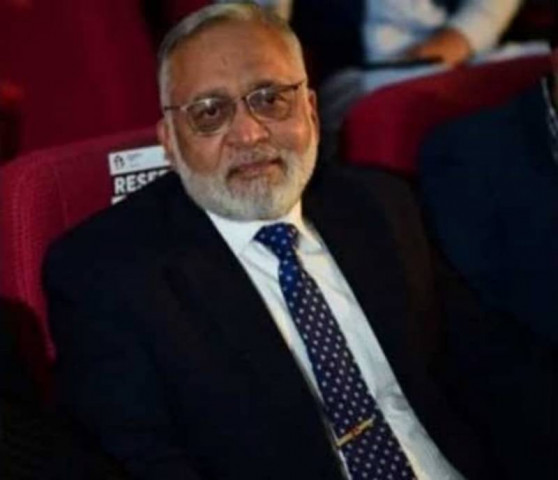
Khyber-Pakhtunkhwa's Adviser on Anti-Corruption, Musaddiq Abbasi, on Wednesday revealed that an inquiry against several presiding officers had been halted by the Election Commission of Pakistan (ECP), despite what he described as concrete evidence of misconduct. Addressing a press conference at the provincial Information Cell, Abbasi clarified that the action initiated by the Anti-Corruption Department was strictly limited to instances of misconduct under the law, not political interference.
He stressed that the provincial government possesses constitutional authority to investigate and act against its own officers. "No law can stop us from proceeding against officials who commit misconduct," Abbasi said. "We had sufficient evidence to prove wrongdoing, and our inquiry was completed on the basis of formal complaints. It was not taken up suo moto."
Abbasi disclosed that 10 presiding officers were summoned as part of the investigation, but only two female officers appeared and confirmed that signatures on certain election forms were not theirs. "We spent over a month probing a single complaint, and our findings established misconduct," he noted.
Responding to political allegations, Abbasi clarified that the removal of provincial minister Shakeel Khan was not the decision of his department but of Chief Minister. "The internal accountability committee examined the corruption complaint against Shakeel Khan. After reviewing the evidence, the Chief Minister decided to remove him," Abbasi explained.
He further confirmed that a report against the provincial assembly speaker bore the signatures of three officials, including himself. On the Kohistan mega scandal, he clarified that no Finance Department officer had been summoned. "Only a staffer from the Accountant General's office, which operates under the federal government, was questioned. This case involved an individual, not any provincial department," he added.
Abbasi also criticized the ECP's intervention, stating that the Commission referred to constitutional articles and Section 551, arguing that election staff cease to hold electoral positions once results are notified and return to their parent departments. "However, misconduct remains within our jurisdiction, and we cannot ignore it," he insisted.
Turning to the broader electoral process, Abbasi cited the recent Commonwealth report on Pakistan's 2024 general elections, highlighting what it described as systematic irregularities. "The report says the secrecy law was amended in 2023, fundraising was forcibly stopped, political workers were picked up from their homes, and PTI's iconic bat symbol was stripped to damage the party," he said.
He pointed out that the Commonwealth observers also documented suppression of the media, complete internet shutdown on polling day, and judicial manipulation to disqualify PTI's founder while enabling Nawaz Sharif's return. "According to the report, constitutional and administrative maneuvers were made to keep one party out. Security must not come at the cost of democracy," Abbasi remarked


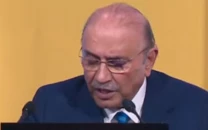
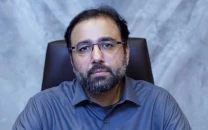

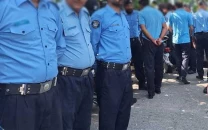
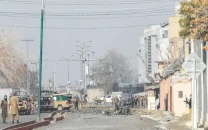
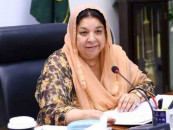
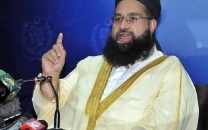












COMMENTS
Comments are moderated and generally will be posted if they are on-topic and not abusive.
For more information, please see our Comments FAQ